How To Occupy Your Mind and Body When Recovering From an Injury

After an injury and throughout the recovery period, it's hard not to sink into self-destructive and self-deprecatory thoughts, particularly when faced with a long period of inactivity. The hardest part is accepting that your new reality will inevitably affect the future goals you had planned for yourself. But there's hope after an injury—and on the path to recovery, you'll grow stronger in body and mind. It's an unbelievably challenging process, but it doesn't have to be the end of the trail. And now, as I currently lay here, recovering from an injury, I want to share with you my tips for occupying your mind and body during recovery.
“ I was forced to pause on climbing, soccer, snowboarding, and all the things that have become a part of my identity.”
The Adventurer’s Mindset
After serving almost 5 years in the US Navy as an Aviation Rescue Swimmer, I snapped my ACL playing on the Naval Air Station North Island soccer team. I had reconstructive surgery and then was honorably discharged a year later. With two deployments to the Persian Gulf and almost 1,000 hours of flying various mission sets, I could no longer perform my military duties. I transitioned to civilian life, got married, earned a master’s degree, had two kids, and worked in the high-tech industry. I dealt with depression from the lack of adventure in my life and decided to get into serious mountaineering.

For the next decade, I traveled around the world, climbing the highest peaks on the seven continents. In 2011, I soloed the summit of Mount Everest and survived a miraculous descent when I became completely snow blind on the summit. The whole experience is documented in my book, Blind Descent.
The Injury
Besides my climbing adventures, I’ve continued to play and coach soccer. I had just gotten back from leading a group on Mount Rainier this past summer when I signed up to play indoor soccer with my daughter as a part of a “daddy/daughter” game. We were enjoying some quality time on the pitch until one of the “daddies” took me out, once again snapping my ACL.

It’s amazing how an injury provides the opportunity to focus on other areas of your life. I’ve always been driven and take adventures to the extreme. Now I was forced to pause on climbing, soccer, snowboarding, and all the things that have become a part of my identity. I had complete reconstructive surgery for my ACL, MCL, and my IT Band was reinforced to help prevent future injuries. Instead of getting after it physically, like I’m accustomed to doing, it was a good chance to work on my mental health.
“During my downtime, I found a resource to talk through my past traumas . . .”
Making Downtime Productive (And Prioritizing Mental Wellbeing)
It just so happens that I was in the middle of writing a second book about my military experiences, but with a focus on dealing with trauma and panic. My navy job was to jump out of helicopters to rescue panicked pilots and survivors, which meant I was dealing with chaos on a daily basis. During research for the book, I interviewed several other rescue swimmers. This uncovered a lot of trauma not only from them but also from myself that I had stuffed for the past two decades. We were trained to perform well in the short-term to accomplish the missions, but not so much for the long-term.

Now, incapacitated on the couch, I had the opportunity to explore the areas I was holding onto from the past. I’ve always been close with my wife and kids, so when I’m home, I’m very present. However, the outdoors is a part of my DNA, which has always helped keep me balanced.
“I’m grateful for this past injury since it provided the time to focus on other areas of my life that required attention.”
In life, it’s vital to do things in moderation. Too much of anything will tip the scale in the wrong direction. I’ve always tried to be disciplined about balancing my faith, family, work, health, and adventures. When any of those are temporarily removed out of our control, we can fall into a funk, or we can use it as an opportunity to improve other areas of our lives. During my downtime, I found a resource to talk through my past traumas, started a low dose of medication along with natural supplements, and used my physical therapy sessions to accomplish small rehabilitation goals.

The Benefits Of Multi-Purpose Gear
I’ve used Cascade Mountain Tech products since their inception, and I was announced as a CMT Outbounder right when I was injured. Sometimes timing is everything. They graciously sent me some of their newest products, and I knew it would be months before I could use them. But that’s only if I looked at the products as all or nothing. Instead, I was able to identify the items I could use during my recovery, like trekking poles, water bottles, and blankets. The rest of the gear, like chairs, cooler, and lamps, created motivation for my summer adventures when I’m fully recovered.
As much as I hate downtime, I’m grateful for this past injury since it provided the time to focus on other areas of my life that required attention. I’m still working through them, but I’m in a much better place mentally. In the end, I’ll be much stronger, both physically and mentally!





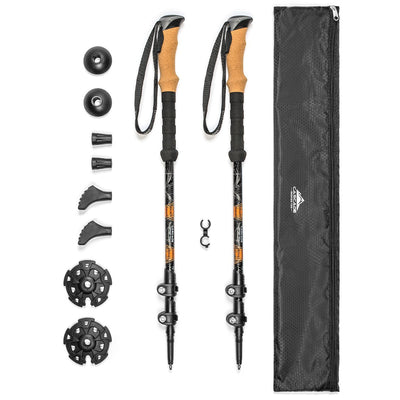
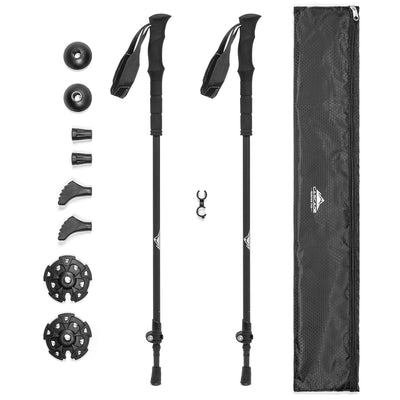
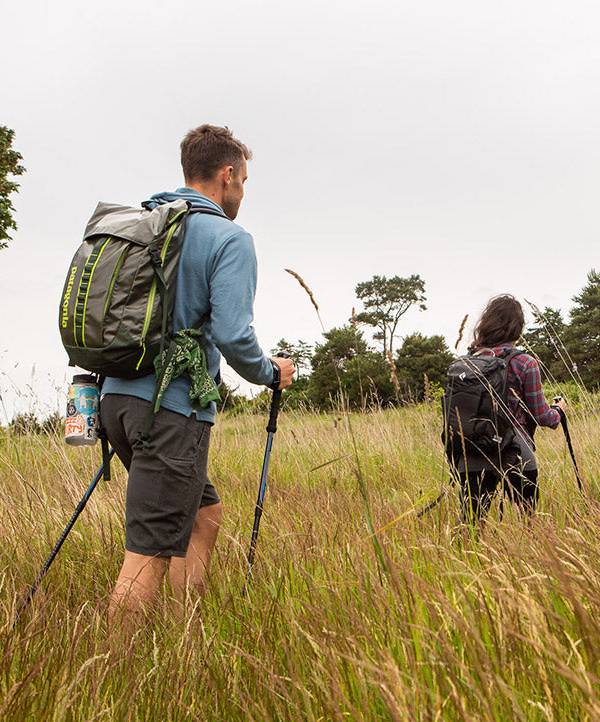
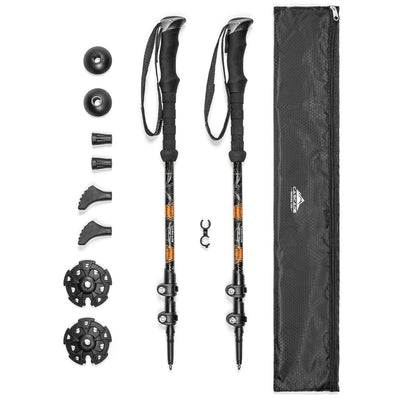
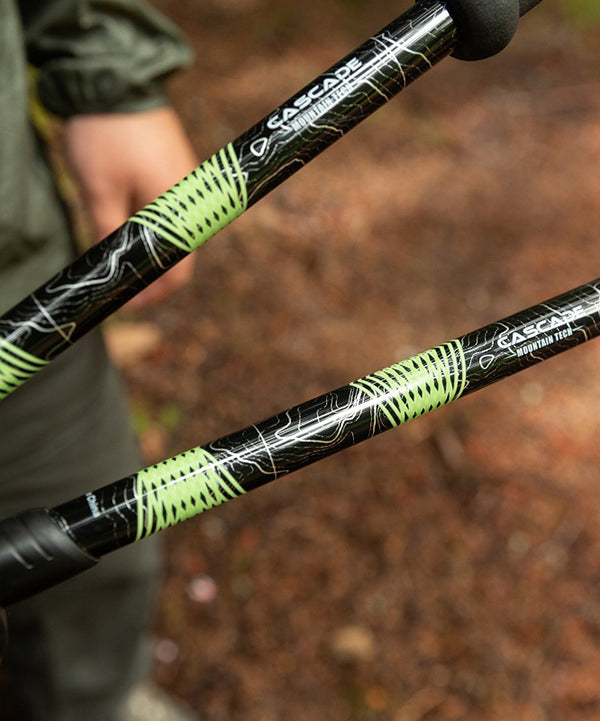
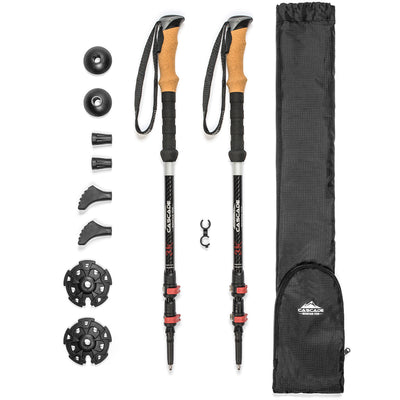
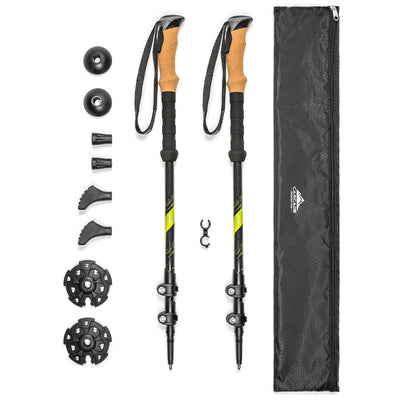
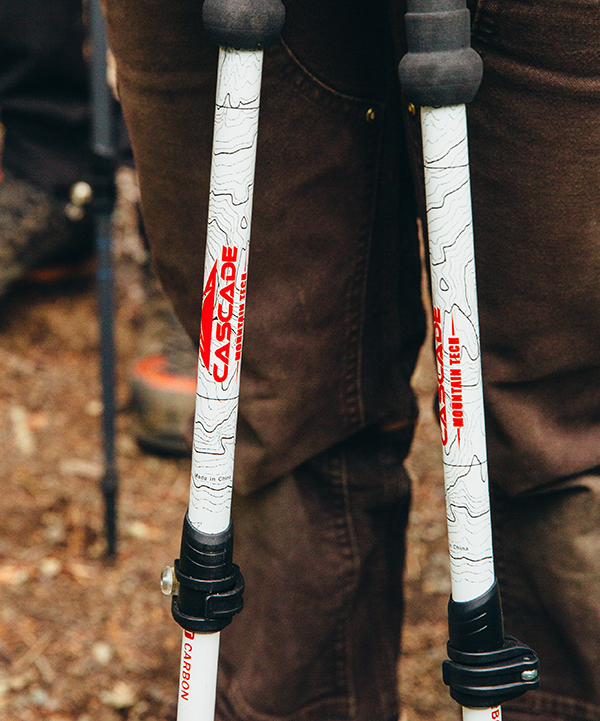
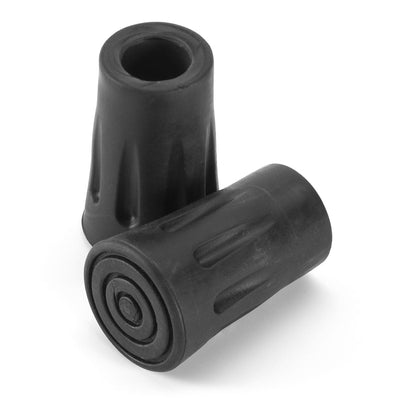
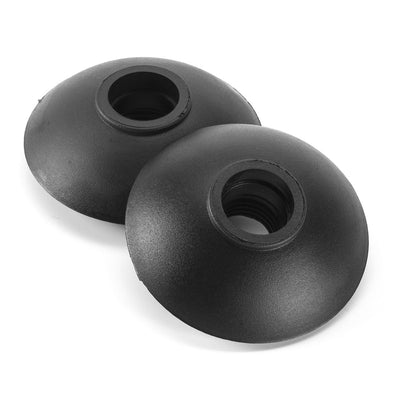
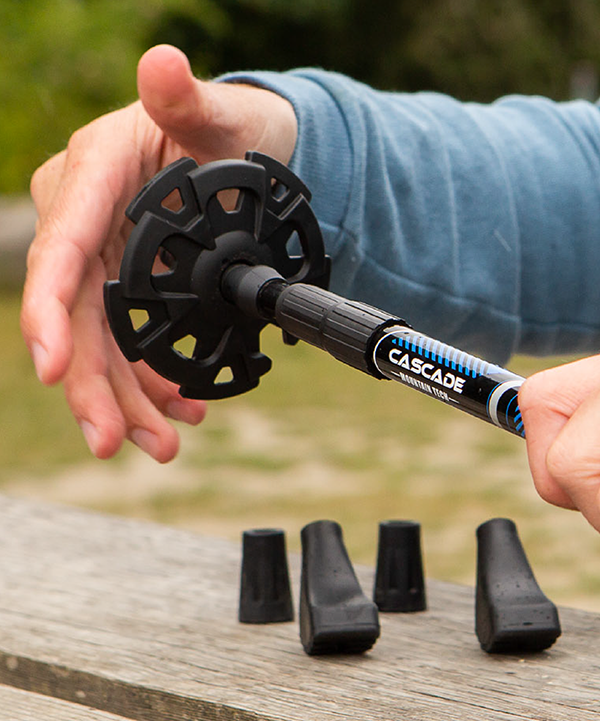
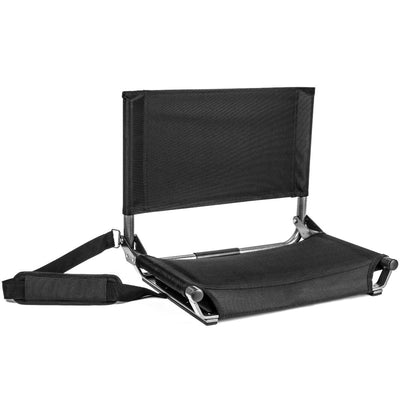
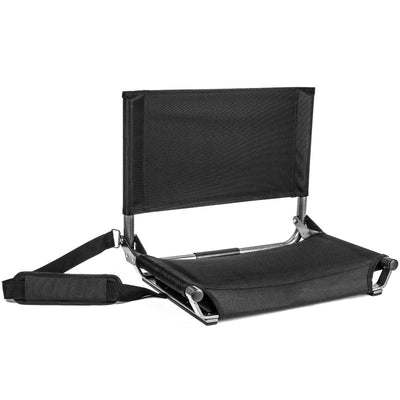
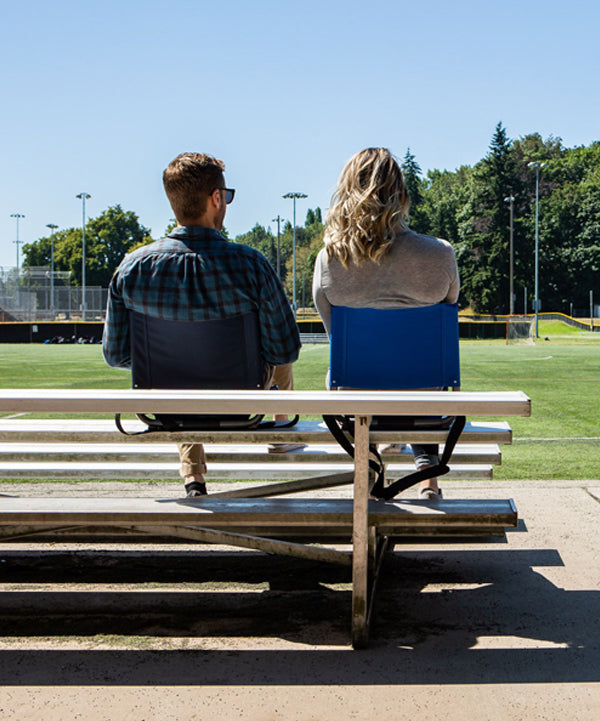
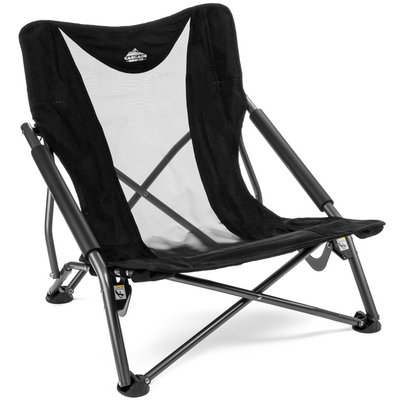
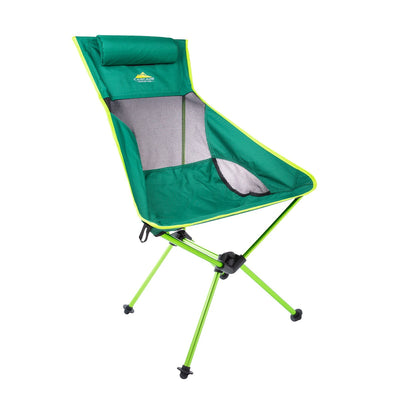
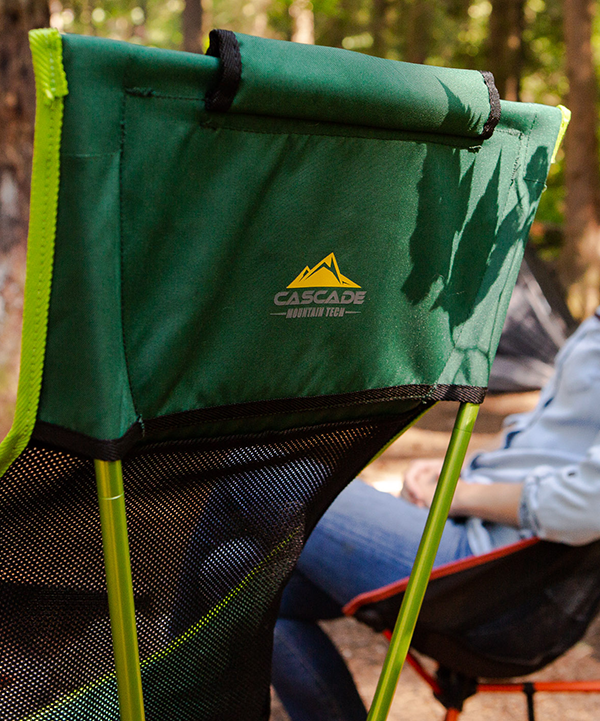
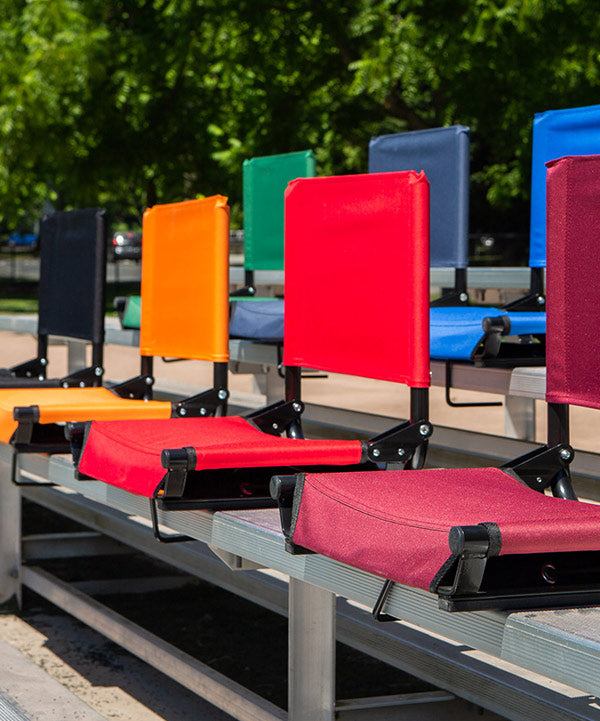
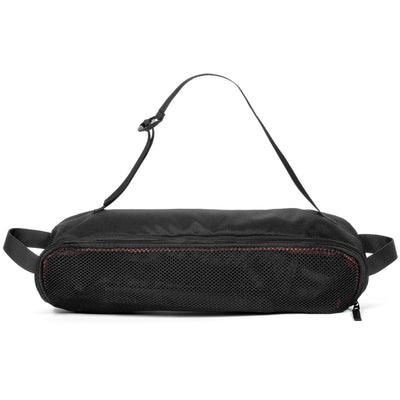
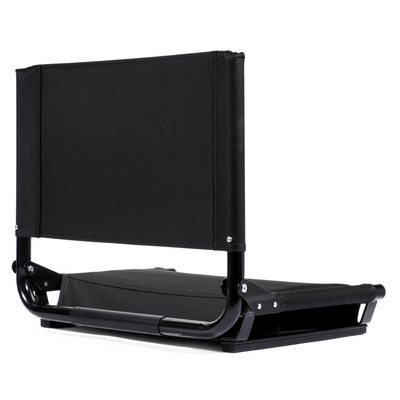
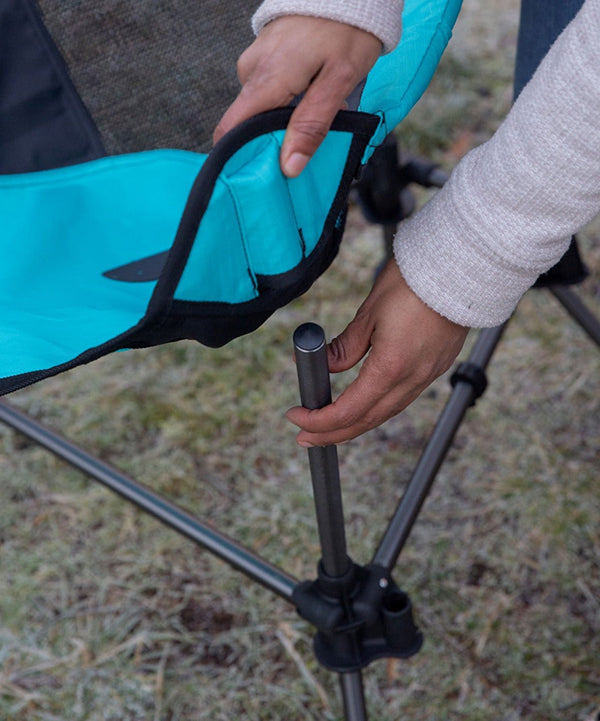
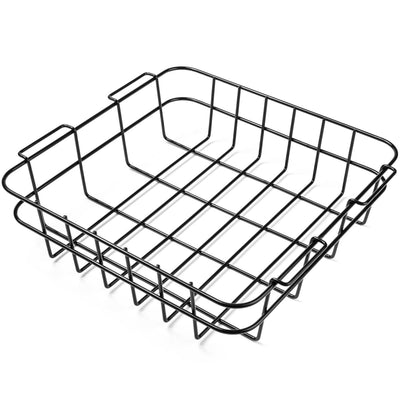
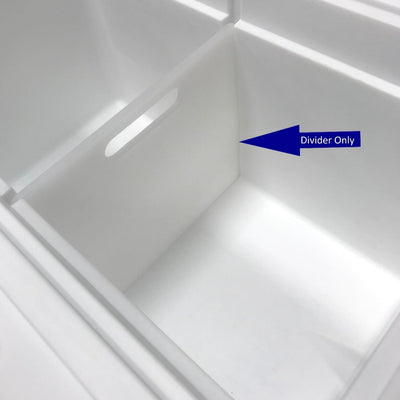
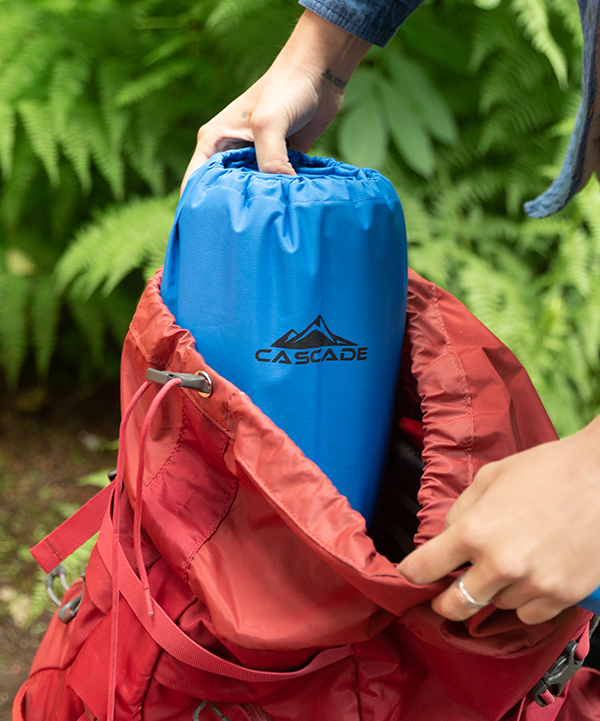
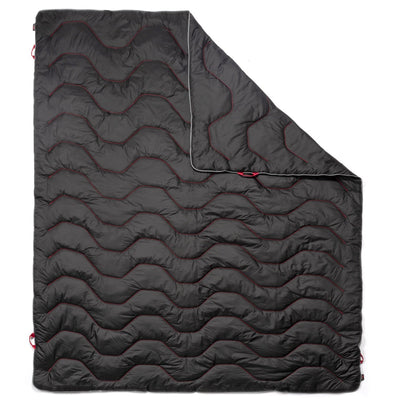
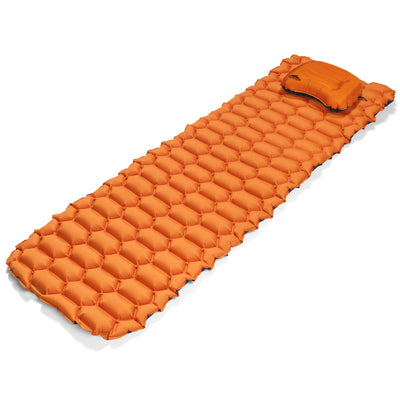
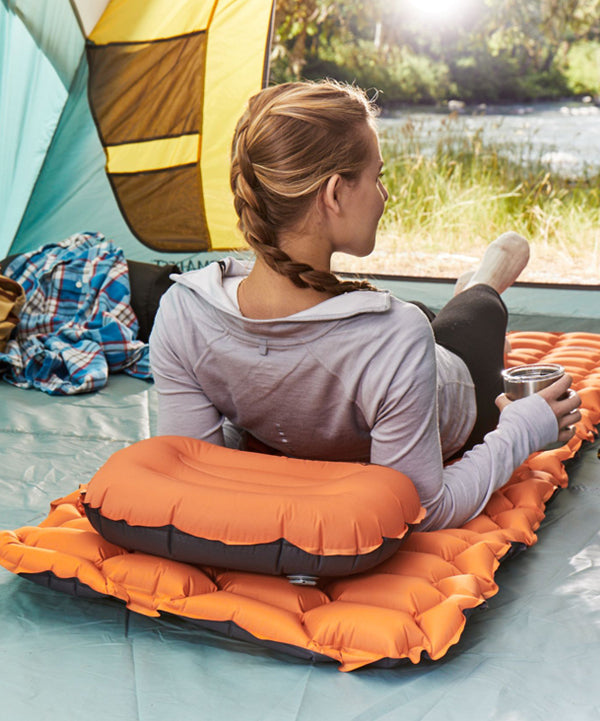
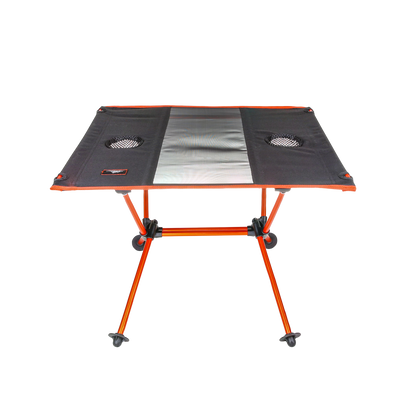
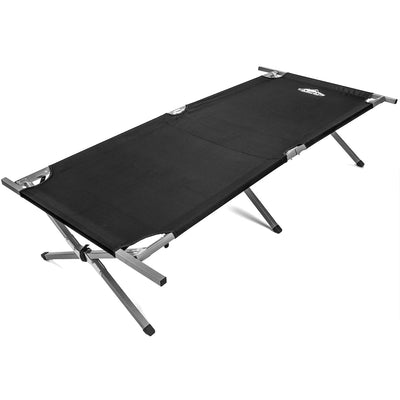
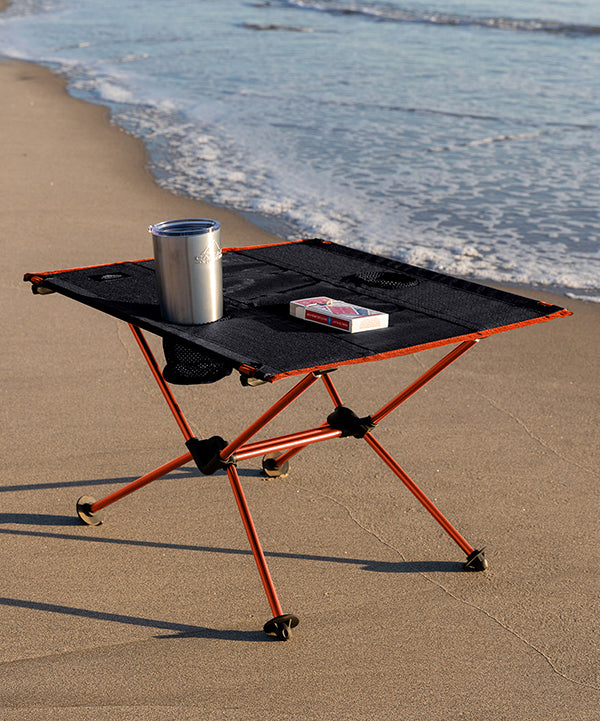
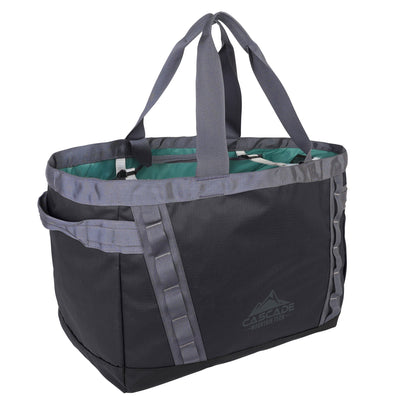
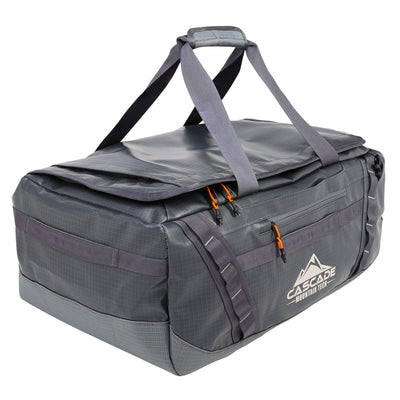
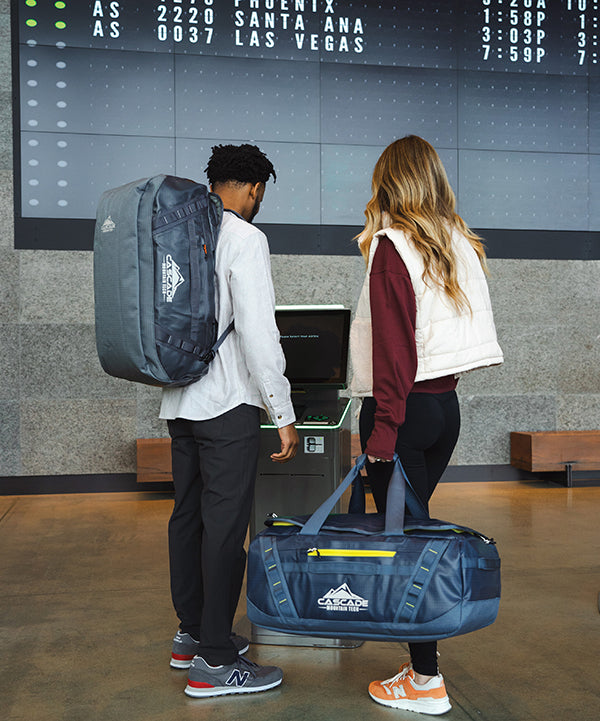
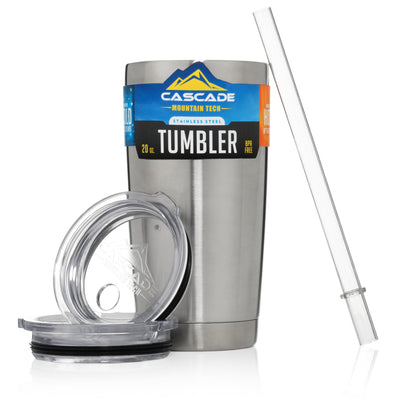
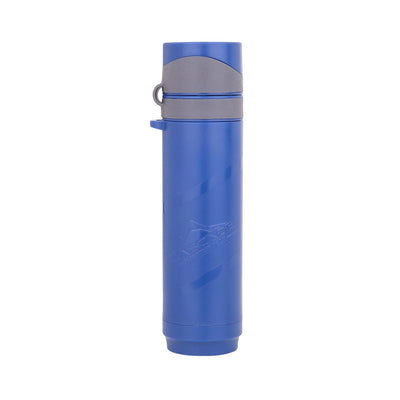
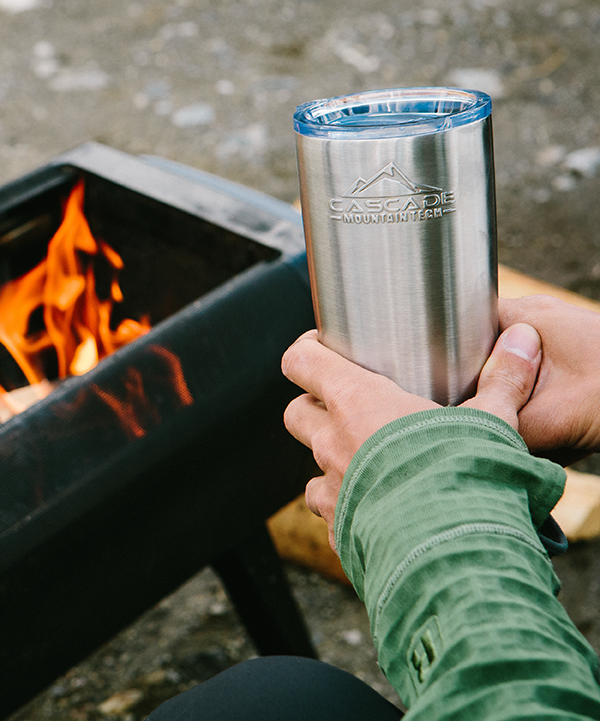
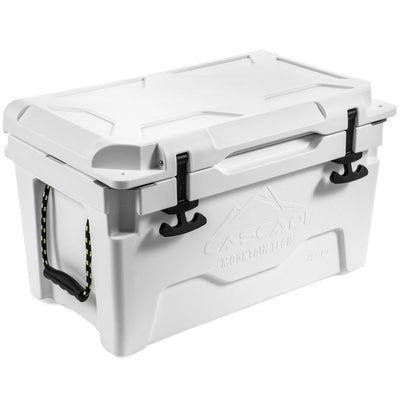
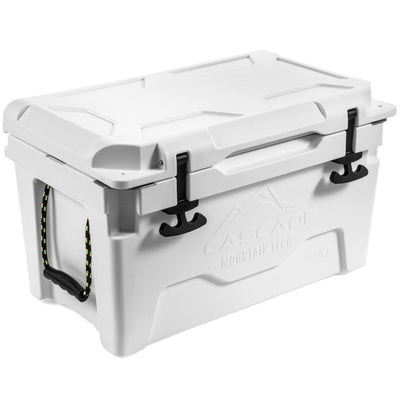
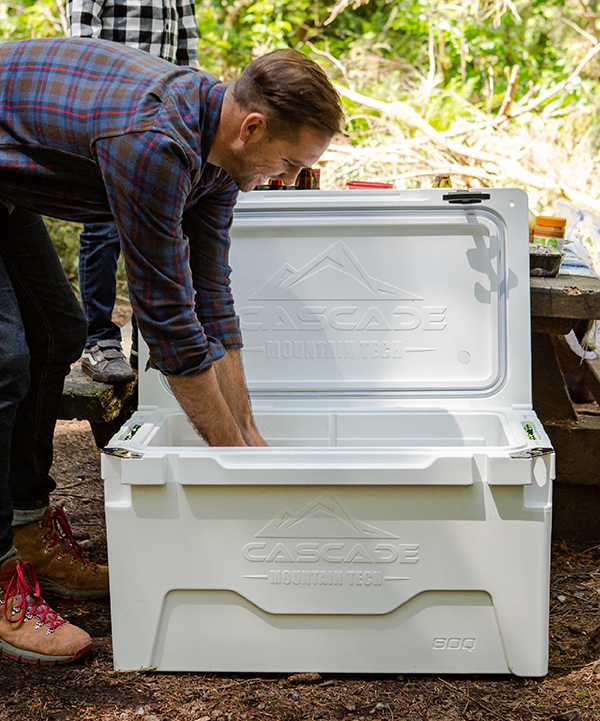
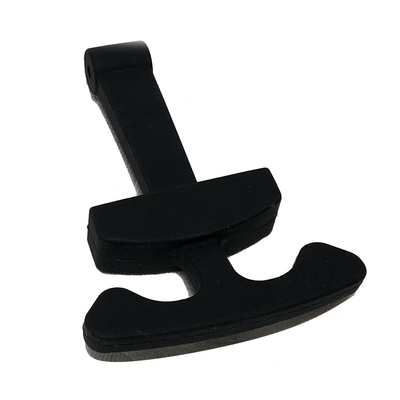
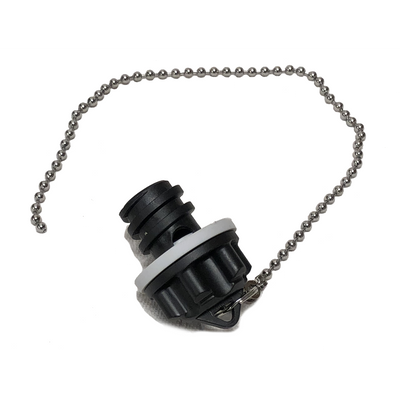
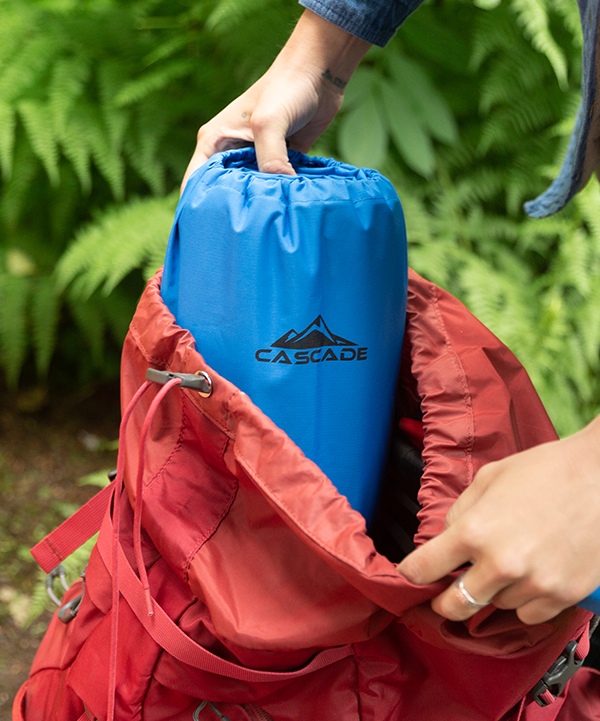
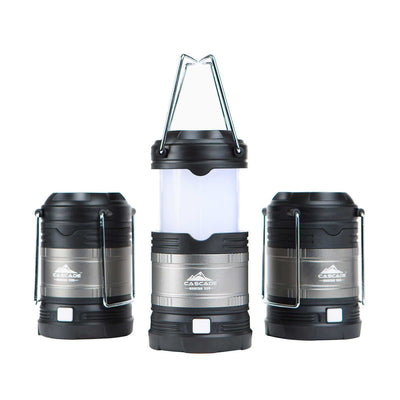
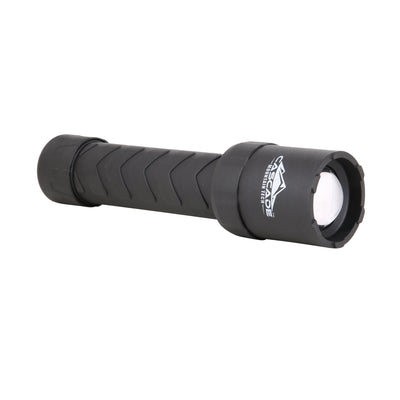
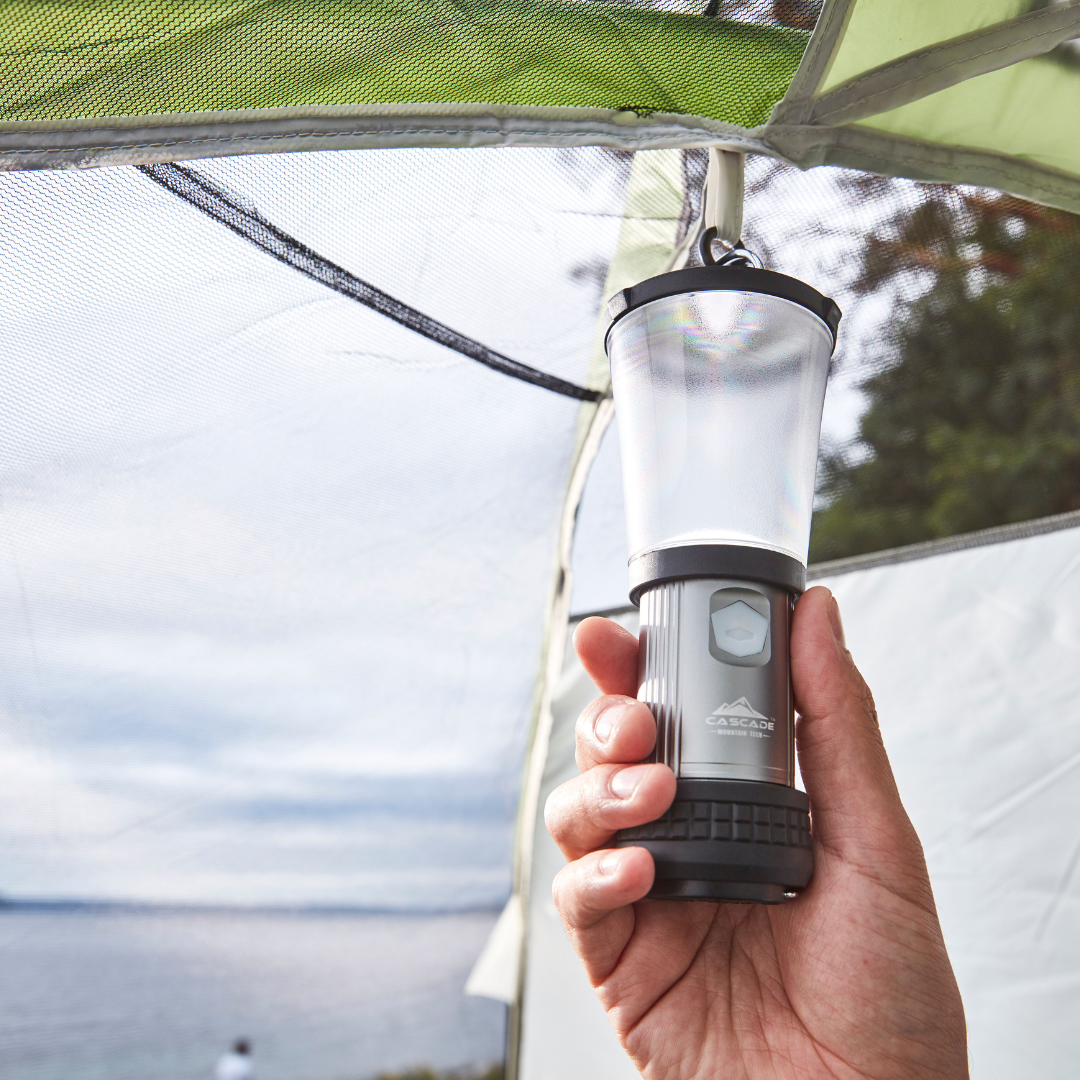
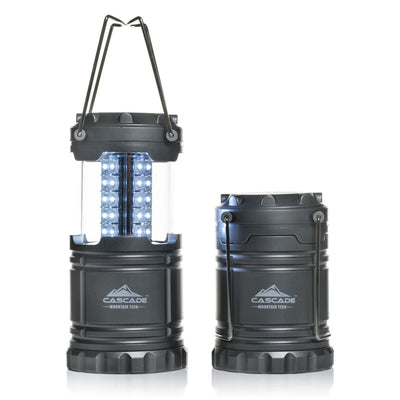
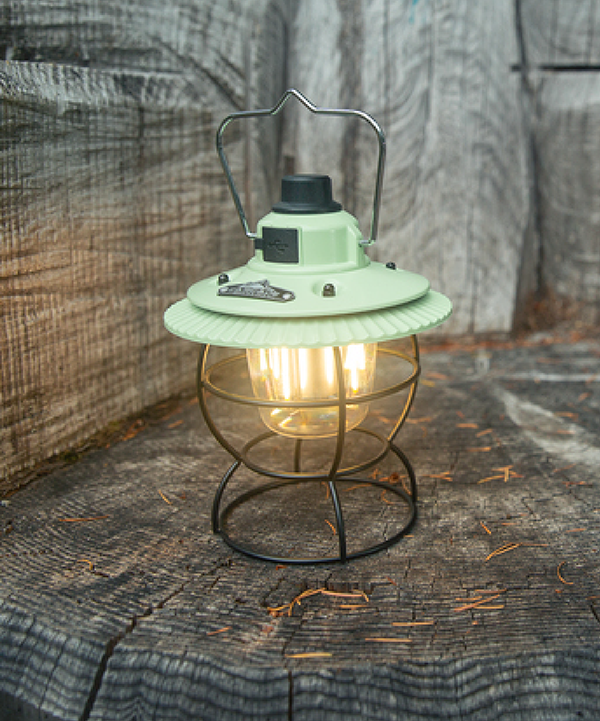

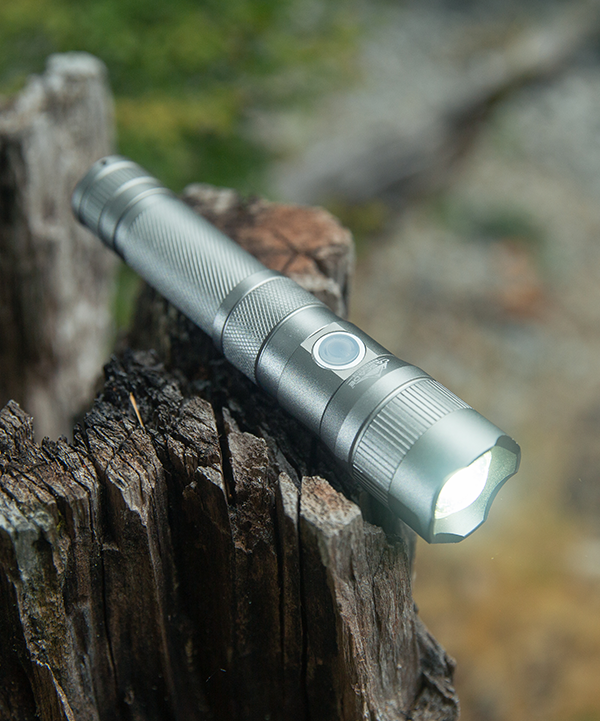
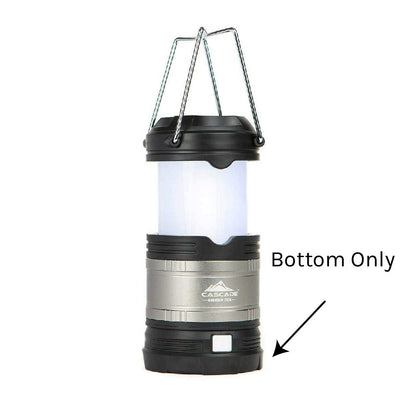
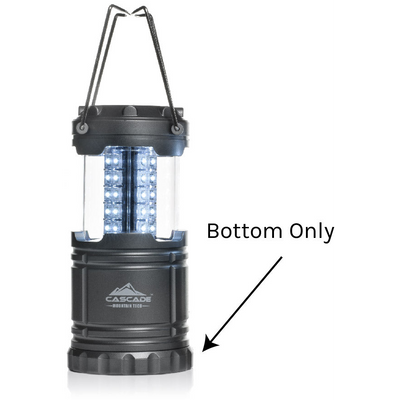
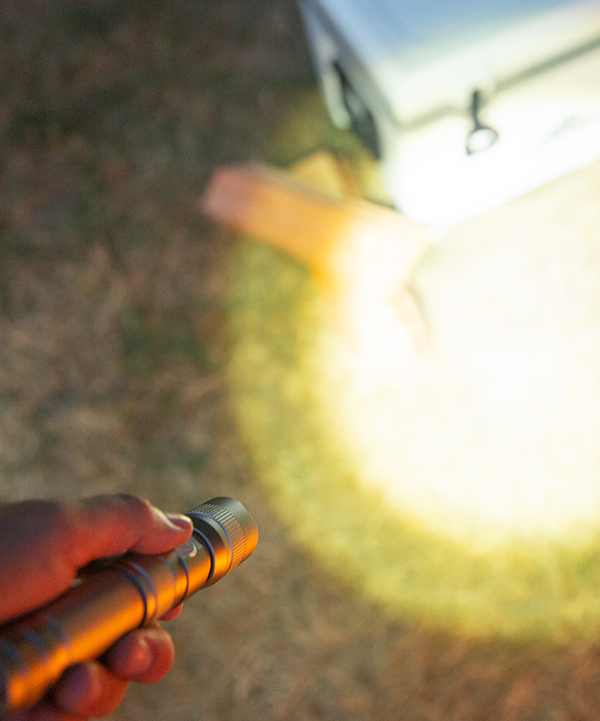
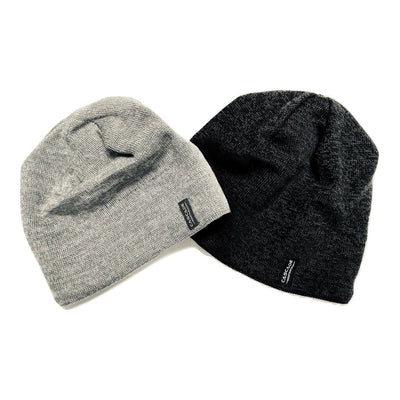
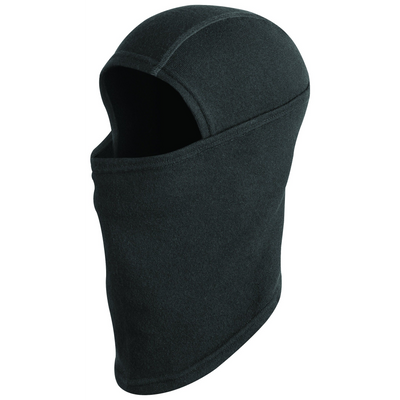
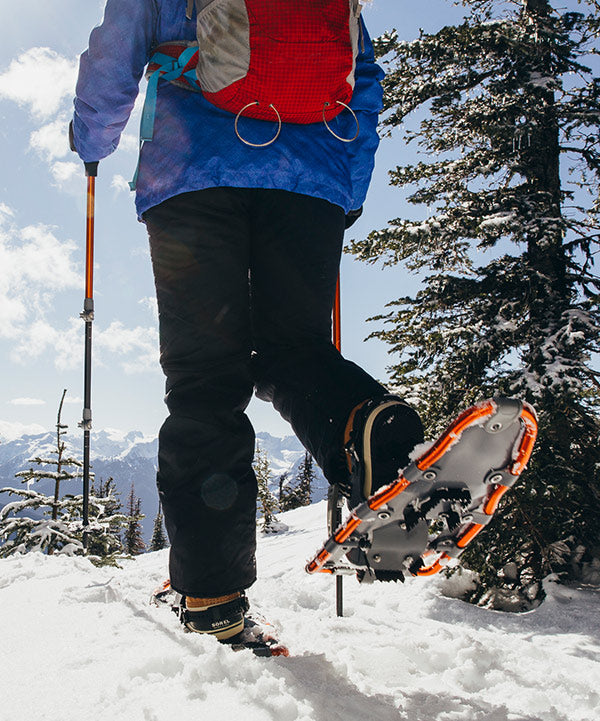
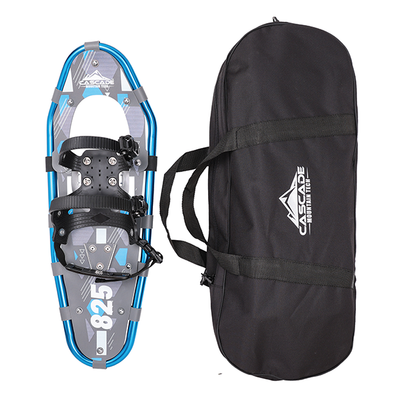
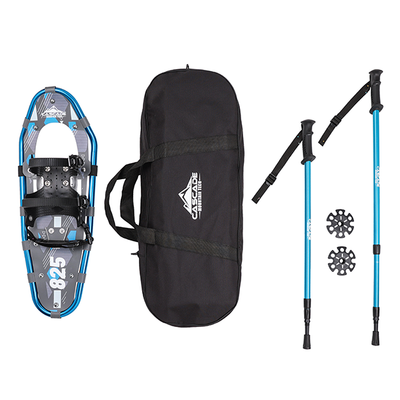
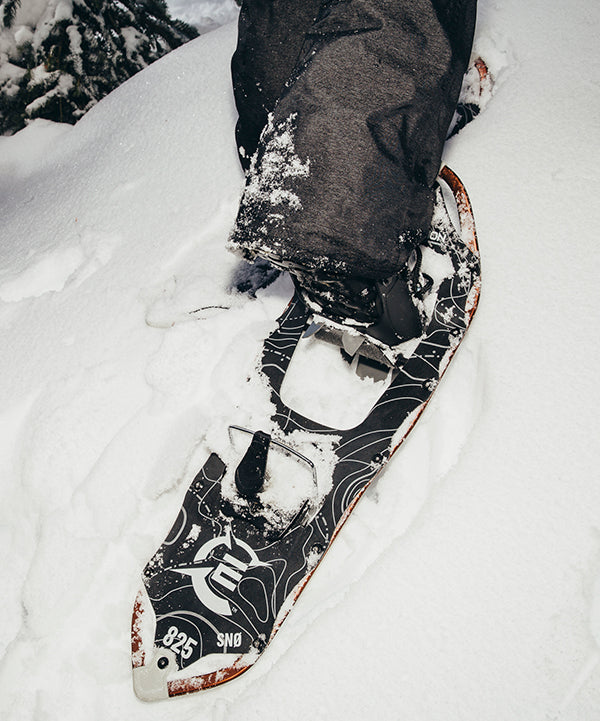
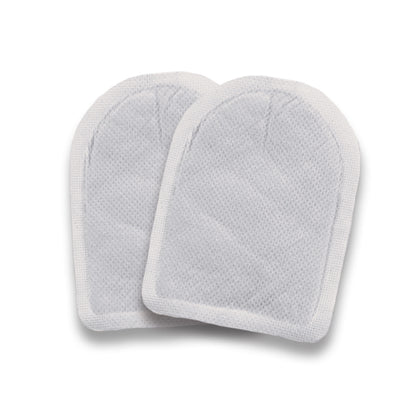
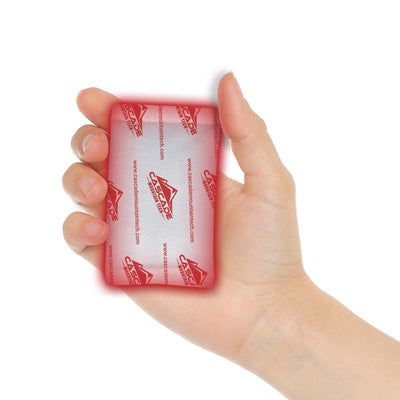
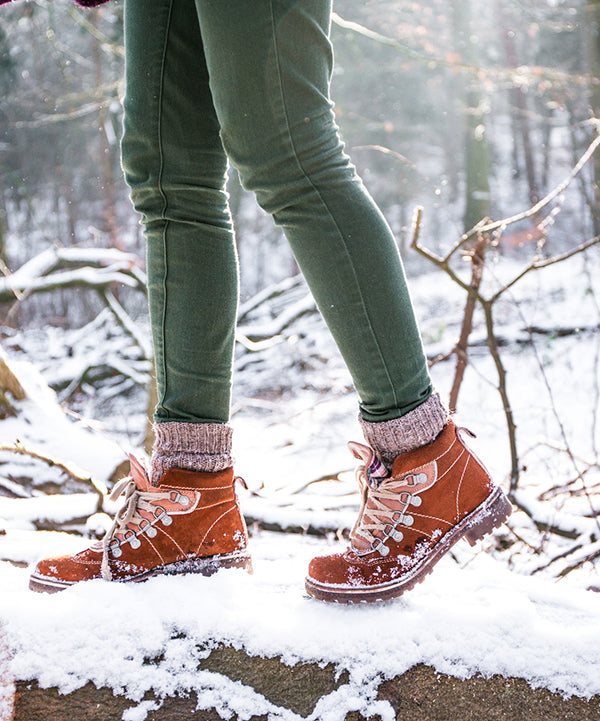
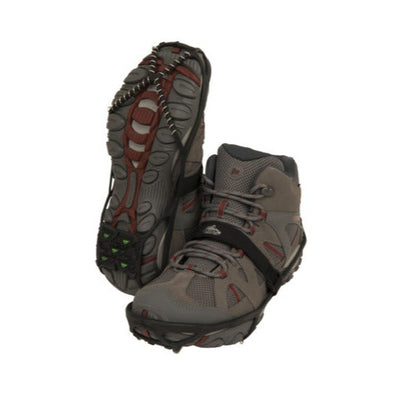
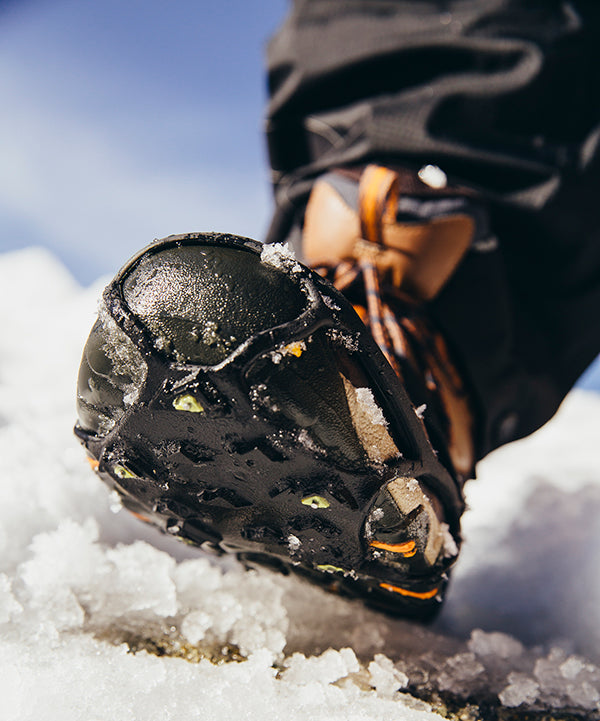
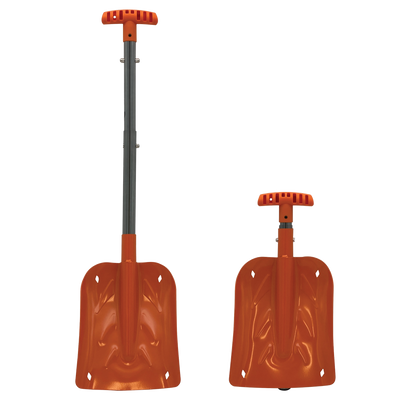
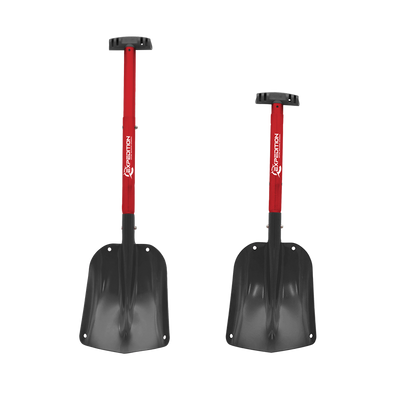
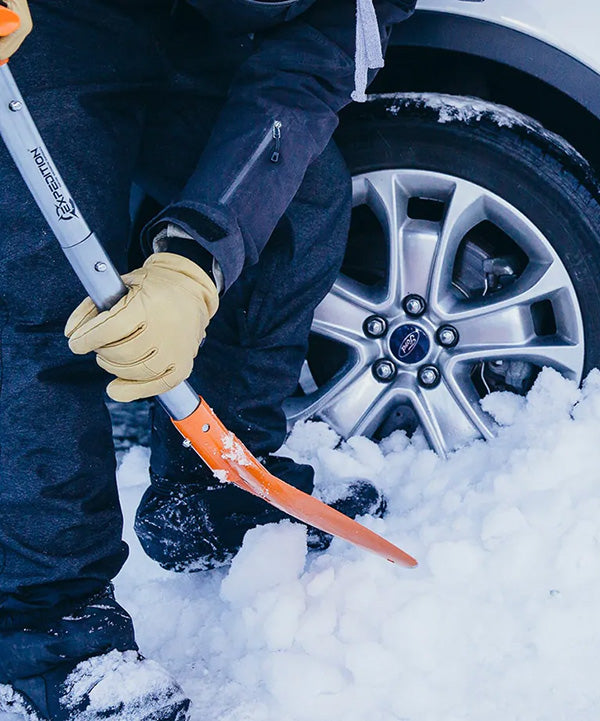
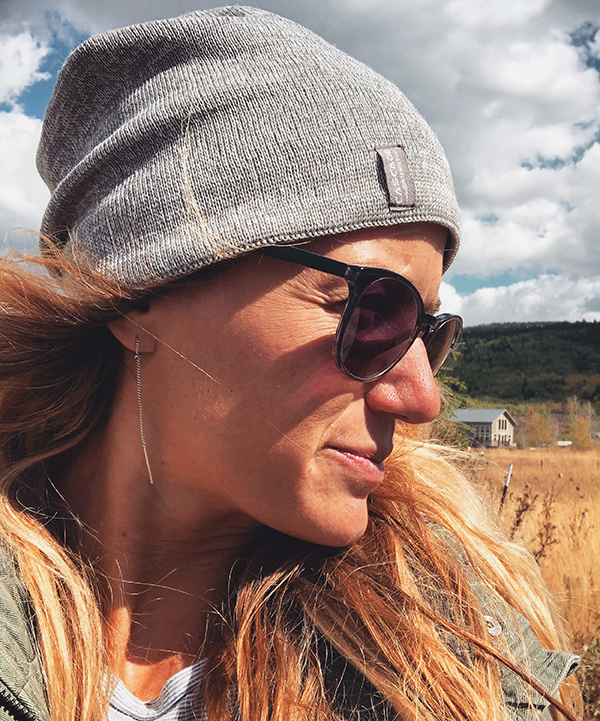
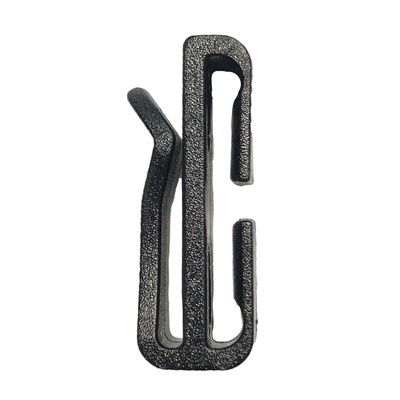
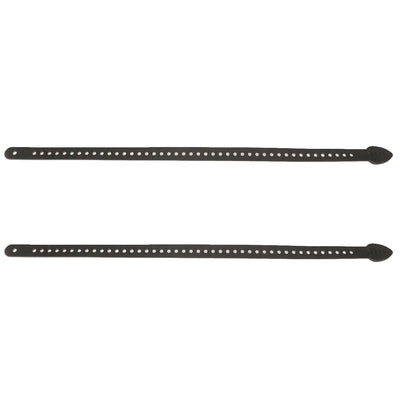
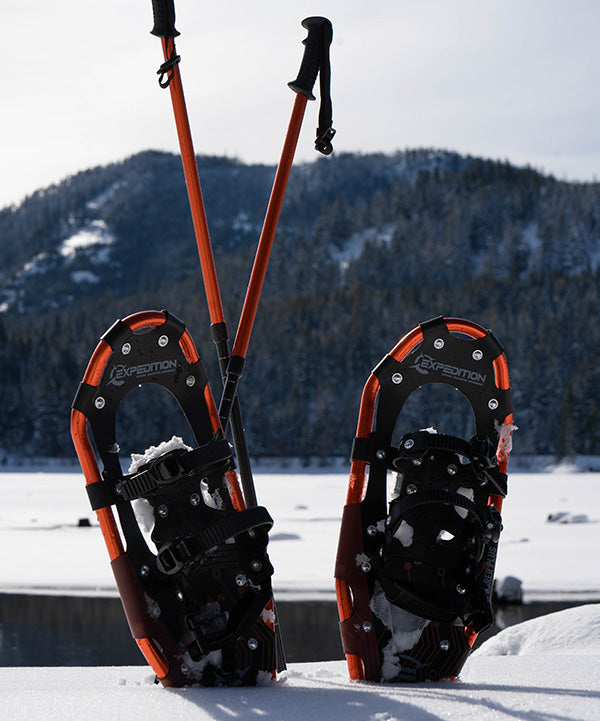











Leave a comment